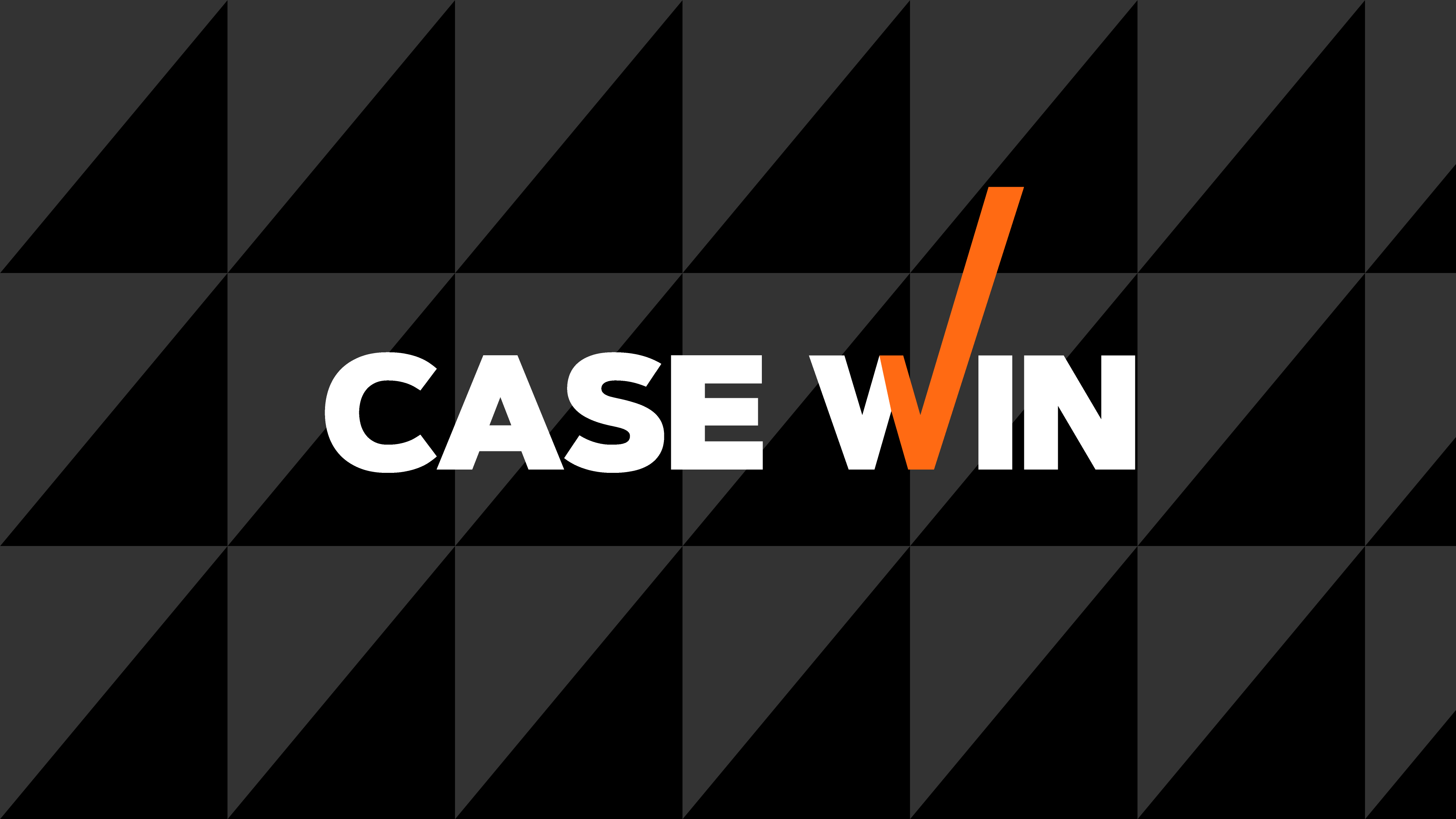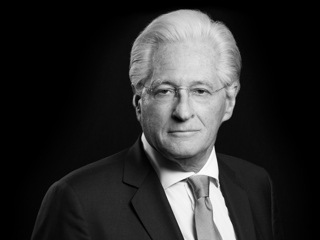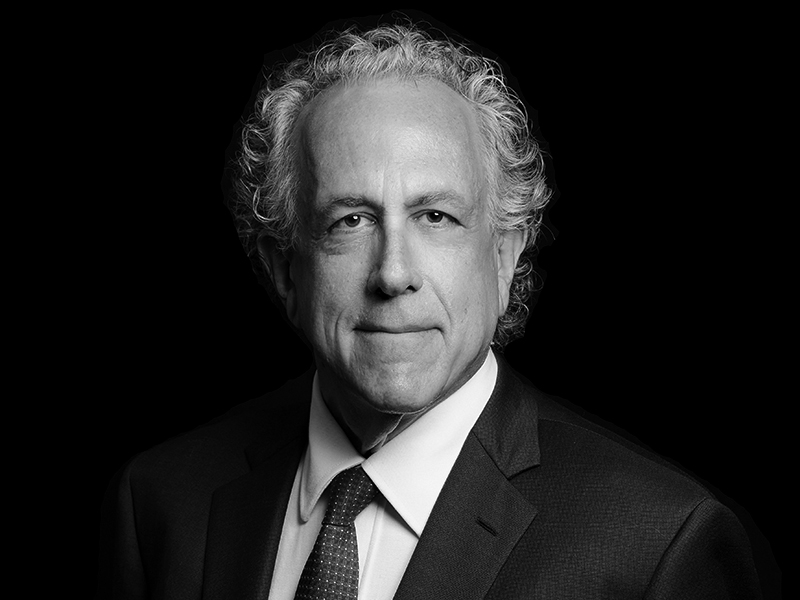Students Against Antisemitism and Kasowitz Benson Torres Announce Settlement of their Lawsuit Against Harvard

Today, Plaintiff Students Against Antisemitism and Harvard University announced that they have reached an agreement to resolve Students Against Antisemitism’s claims against Harvard. As part of the settlement, Harvard has agreed to undertake important actions to combat antisemitism on its campus, building on measures it has implemented over the past year. This resolution aligns with Harvard’s commitment to combating antisemitism and ensuring that its Jewish and Israeli students are welcome and able to thrive on its campus and that complaints of discrimination and harassment against Jewish and Israeli students are treated in the same manner and with the same urgency as all protected groups.
As part of that commitment, and consistent with Harvard’s existing Non-Discrimination and Anti-Bullying Policies (“NDAB”), which prohibit discrimination on the basis of ancestry, religion, national origin, or political beliefs, this agreement incorporates the International Holocaust Remembrance Alliance (“IHRA”) definition of antisemitism including accompanying examples applied in the manner described in guidance issued by the Department of Education’s Office for Civil Rights (“OCR”) in 2021 and 2024.
In addition, Harvard shall post online a Frequently Asked Questions document (“FAQ”) relating to the NDAB, which shall be available online in the same location as the NDAB, clarifying that both Jewish and Israeli identity are covered by the NDAB; that the NDAB include among their protected categories shared ancestry or ethnic characteristics as well as political beliefs; and that the IHRA definition will be used as described above. The FAQ will include the following statement: “For many Jewish people, Zionism is a part of their Jewish identity. Conduct that would violate the Non-Discrimination Policy if targeting Jewish or Israeli people can also violate the policy if directed toward Zionists. Examples of such conduct include excluding Zionists from an open event, calling for the death of Zionists, applying a ‘no Zionist’ litmus test for participation in any Harvard activity, using or disseminating tropes, stereotypes, and conspiracies about Zionists (e.g., ‘Zionists control the media’), or demanding a person who is or is perceived to be Jewish or Israeli to state a position on Israel or Zionism to harass or discriminate.” The FAQ will include a list of examples of conduct that, provided that the required elements under the policy are met, may constitute prohibited discriminatory treatment or discriminatory harassment in violation of the NDAB.
Under the agreement, the director of Harvard’s Office for Community Conduct will also prepare a public annual report for the next five years that covers Harvard’s response to discrimination or harassment based on Title VI-protected traits and will provide transparency regarding discipline outcomes in Title VI matters. These reports will assess Harvard’s treatment of such complaints against its treatment of complaints based on allegations of other forms of bias. The first of such reports will include a lookback at disciplinary responses to NDAB complaints based on allegations of antisemitism since October 1, 2023.
Harvard has also committed to providing additional resources to the study of antisemitism and will host an annual academic symposium on the topic of antisemitism, including at American universities. Furthermore, Harvard has agreed to reaffirm at least annually that antisemitism (and all forms of hate) will not be tolerated at Harvard.
Harvard has also agreed to provide expert training on combating anti-Semitism and the IHRA definition for OCC staff involved in reviewing complaints of discrimination, and Harvard will broadly promote annual training for the University community focused on recognizing and combating anti-Semitism. The OCC director will also ensure that Title VI and Harvard’s NDAB policies will be enforced equally, applying a single standard for all students, including Jewish and Israeli students.
As part of this settlement with Students Against Antisemitism, which includes monetary terms, Harvard has not admitted to any wrongdoing or liability. Plaintiff Alexander (Shabbos) Kestenbaum declined to join this settlement and continues to pursue his claims against Harvard, represented by new counsel.
A Harvard University spokesperson said, “We are committed to ensuring our Jewish community is embraced, respected, and can thrive at Harvard. We are resolute in our efforts to confront antisemitism and will continue to implement robust steps to maintain a welcoming, open, and safe campus environment where every student feels a sense of belonging. Today’s settlement reflects our dedication to this mission.”
A spokesperson for Students Against Antisemitism said, “With this settlement, Harvard is demonstrating leadership in the fight against antisemitism and in upholding the rights of Jewish students. We appreciate Harvard’s proactive approach to implementing effective long-term changes and its strong commitment to creating a welcoming and inclusive environment for every student who pursues their education on Harvard’s campus.” Marc Kasowitz of Kasowitz Benson Torres, LLP, counsel for Students Against Antisemitism said “This resolution includes specific, meaningful actions to combat antisemitism, hate and bias on college campuses that illustrate the University’s strong commitment to further protecting their Jewish and Israeli community. I commend them for taking these steps and encourage others to follow their lead.”



